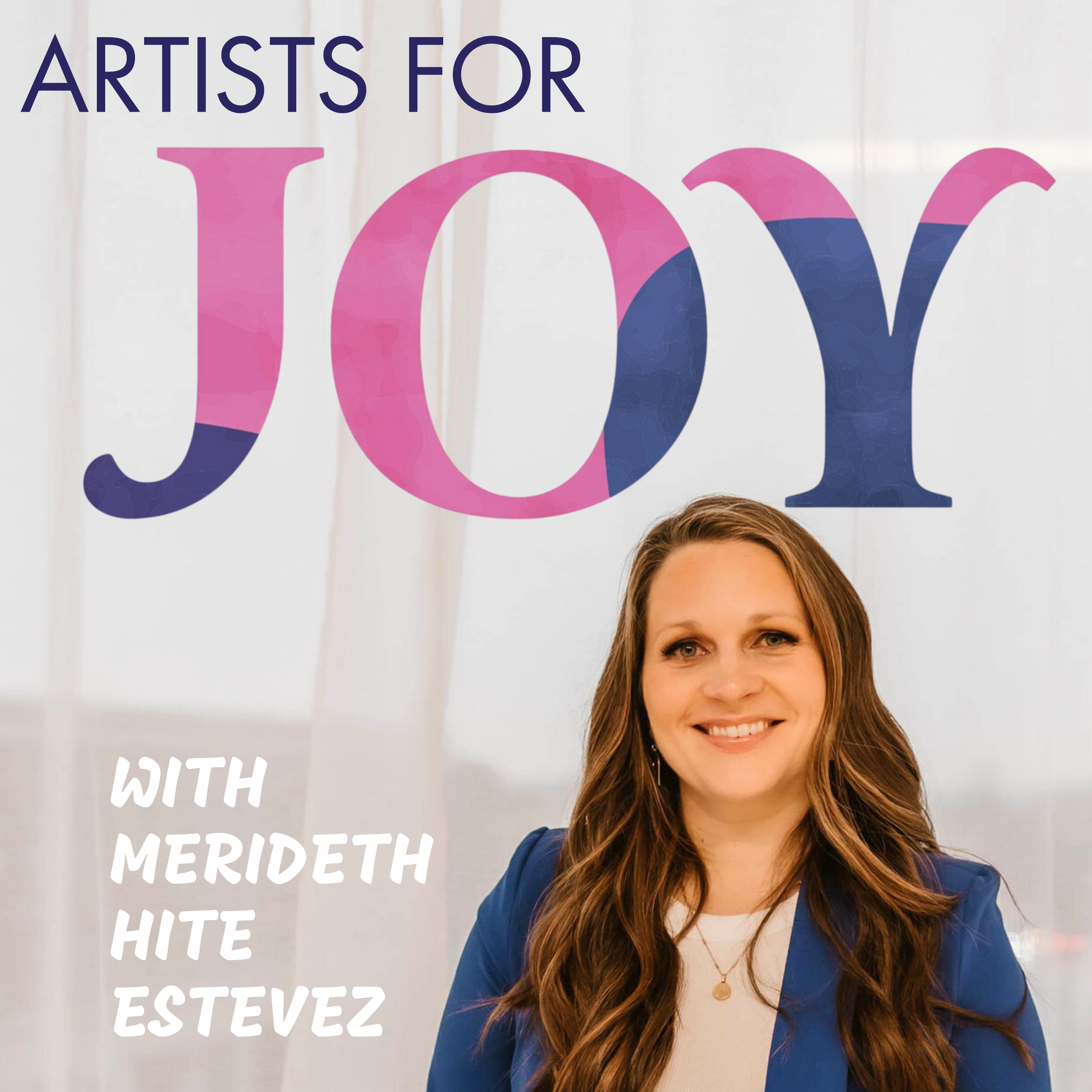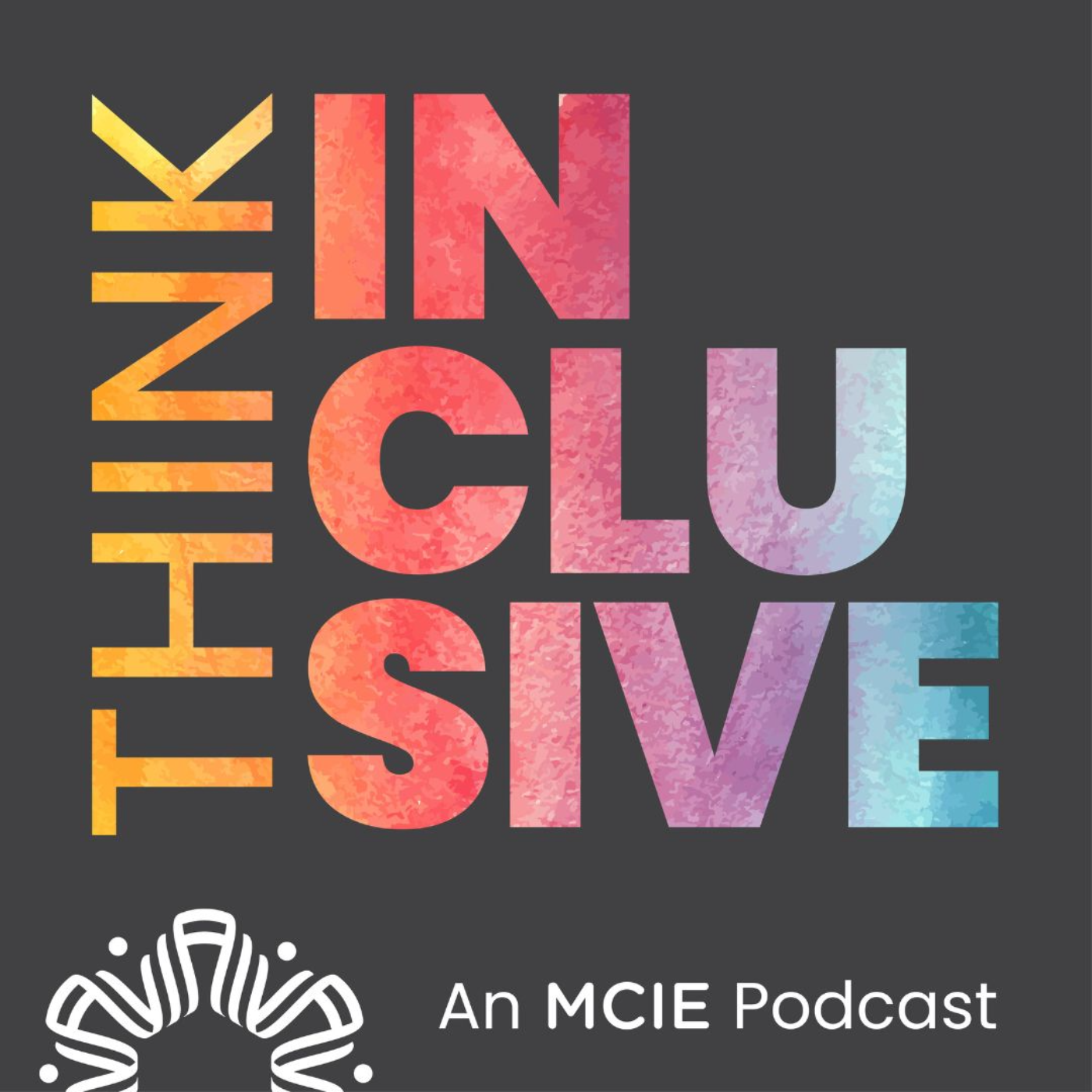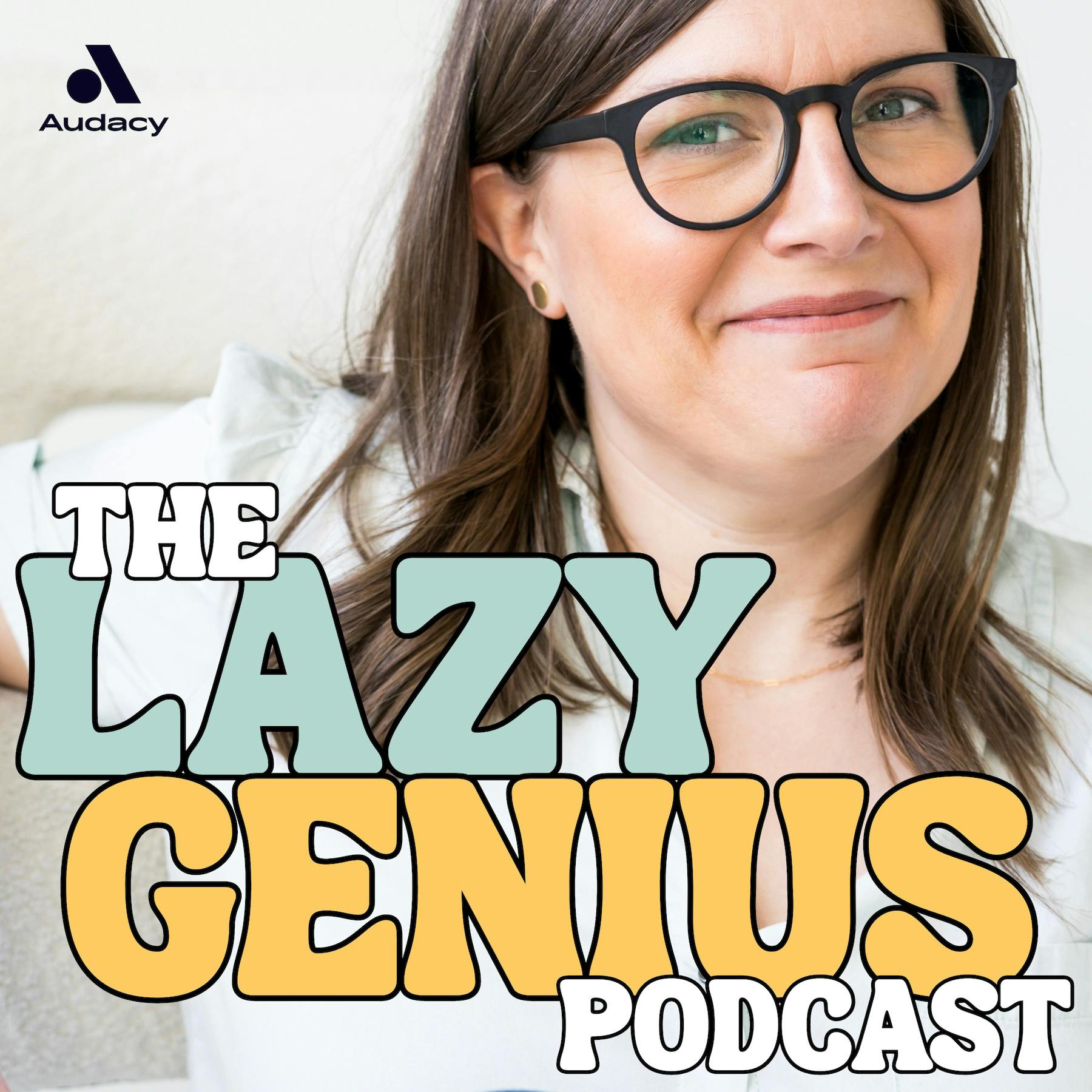
Creative Piano Pedagogy
This podcast is an enriching resource designed specifically for piano teachers and music educators working with out-of-the-box students: students with disabilities, physical or learning differences, gifted and 2-E learners and neurodivergent students. Each episode delves into innovative teaching strategies, offering insights and practical solutions that promote creativity, inclusivity, and approaches teaching from a positive and student-first environment.
Pedagogue, researcher and music educator Dr. Elizabeth Davis-Everhart will demystify topics such as technique, communication, piano methods, understanding behaviors, autism, ADHD, dyslexia and much more- all with a focus on encouraging teachers to meet the diverse needs of their students and inspiring them to embrace new ideas and cultivate the musical potential of every learner.
Creative Piano Pedagogy
11- New series: Deconstructing Misconceptions of Gifted/Neurodivergent Learners
Welcome to the first episode in our groundbreaking new series about gifted and neurodivergent learners at the piano: Deconstructing Misconceptions of Gifted and Neurodivergent Learners! Have you ever caught yourself making a snap judgment about a student, only to later discover how wrong you were?
This episode challenges the assumption that difference equals deficit, and encourages teachers to "Jump into the Chute" with their students. (More on jumping into the chute on this week's new blog post!) Throughout this series, we'll hear from experts who will help us reframe our understanding of neurodivergent students as the capable, intelligent, and deeply musical individuals they are. There's also a new "Tiny Teaching Tip" at the end of the episode, so don't miss out on that.
-->Have you encountered misconceptions about teaching neurodivergent students? Send them my way in a message to Creative Piano Pedagogy on social media or via email to creativepianopedagogy@gmail.com so I can include them in an upcoming episode!
Find the full transcript here of this episode and all past episodes!
📚 Join the waitlist for the next Piano Teachers Book Club Session!
Subscribe to Elizabeth's email list here so you won’t miss future courses, freebies, teacher events and more.
Let's stay in touch!
On the website/blog
Follow on Facebook
Follow on Instagram
Follow on YouTube
You can find all of our favorite repertoire and teaching tools on the Amazon Storefront (affiliate link)
Questions or suggestions? Send Elizabeth an email:
elizabeth@creativepianopedagogy.com
As an Amazon Affiliate, we may receive a small commission at no additional cost to you if you purchase through our links. Thank you for helping support the podcast!
Hello friends! Today is such an exciting day for the podcast, not only because we're finally back from a long summer break, but because today is the start of a brand new series. I've been so excited to share this with you, and today is finally the day. Welcome to episode 11 and Deconstructing Misconceptions of Gifted and Neurodivergent Learners. But before we get into the episode I have a few exciting updates for you. First, we are launching the inaugural season of the Piano Teachers Book Club in September. Yay! And I'm absolutely thrilled at all the positive responses from everyone. We have teachers joining us from the US, Canada, UK, Australia, and everyone is all reading along to Temple Grandin's book, Visual Thinking. And it's already a great collection. If you missed out this time, but you want to stay in the loop for the next book, I'll share a link down in the description so that you can join the waitlist and be the first to know for next time. Another exciting update is that today's episode is the beginning of weekly episodes. Hooray! I finally have the time and we're making the time. And something else I'm adding is a little fun. feature at the end of some of our upcoming episodes with a tiny teaching tip. So make sure you listen to the end to hear that on today's show. You'll definitely want to tune in next week and hear what will be the very first interview of the entire podcast. And it is with a phenomenal teacher and educator who has absolutely incredible insight into neurodiversity and piano teaching. All right, let's dig in. to Deconstructing Misconceptions of Gifted and Neurodivergent Learners. Well, if you saw that, then you kind of know where I'm going with this. I'm intentionally not in very many piano teaching Facebook groups. And I honestly try to limit my time on social media just to maintain a healthy balance that works for me. There's enough drama in life and in our homeowners association Facebook alone. Lord knows. But this summer, the piano teacher Facebook groups have been have been really interesting. It's a very unique dynamic to post in one of those groups, knowing that they have thousands, sometimes upwards to 30, 40,000 members from all over the world, some of them not even piano teachers, and a lot of variance in experience and expertise, which can be a truly wonderful thing to learn from each other's experiences and perspectives. But the cesspool of negative lashings out about neurodiversity and students who learn differently has honestly made me catch my breath a few times this summer. And the responses under these posts have been a bit shocking. One specific post comes to mind where a teacher simply asked for suggestions regarding a student who tends to be quite fidgety and really struggles goals to maintain focus in the lesson. I clicked on the comment section to see what insights people may have already offered and bam, right out of the gate, the first 11 responses were completely negative. Things like, kids shouldn't be allowed to learn piano if they can't sit still, or stop teaching him, not worth it, or talk to the parents and tell them he needs to practice sitting completely still for 30 minutes at a time And you might be thinking, Elizabeth, are you sure that's what they said? Unfortunately, my memory is really good. And believe me, I wish the responses had been really different. But that post and many other similar ones over the past few months have provided some fodder for my already very full brain box of thoughts to ponder. And these words kept coming to mind. Many of them. misconceptions and assumptions. I just couldn't get them out of my brain. How many times have I quickly made assumptions about an individual and been horribly, horribly wrong? How often have I heard teaching tips about neurodiversity or myths about disabilities that turned out to be completely inaccurate? Things like people with autism cannot express emotions or students with ADHD cannot cannot sit still, or people with obsessive compulsive disorder, just like things to be organized, that kind of thing. We've all heard them. And to be honest, we've probably all said them. I know I have. And the intention is typically not to insult or offend anyone. We use the limited information we have to make a snap judgment. And then when we gather more data that proves it to be false, we feel really badly for assuming and believing those misconceptions. This same principle is true for students who might talk, learn, look, behave, walk, or play music differently than your typical students. Just because there is a difference does not indicate that there is a deficit. I'm rereading Temple Grandin's book, Visual Thinking, in preparation for our book club, and I'm reminded again of her incredible resilience as one of the very first individuals in the history of the world to ever publicly announce that she was autistic. Grandin goes into detail about how much she loved animals, but after failing algebra, she became ineligible for veterinary school. So she went on to study behavior and animal behavior and she became a leading world expert in animal behaviors. And now ironically, she teaches veterinarians. Beautiful irony. One of my favorite excerpts of the book is when she describes her experience of watching cattle go through cattle shoots. And she wondered why the cows were mooing loudly and making odd movements. So without any explanation to those around her, she jumped into the cattle chute to gain the perspective of the cows to see what might be distracting them. She then noticed things like hanging chains, unevenly placed fences, and strange shadows of light that were all distracting the cows and making it challenging for them to walk evenly and without stress. My goal with this new season of the podcast and my new teaching year is to hypothetically jump into the chute to view piano teaching and my lessons from my students' perspectives. I want to think about the misconceptions and assumptions I've heard and still hear, but filter all of it through the human experiences I see and observe by getting to know my students as the capable, intelligent, expressive artistic, and deeply musical people that they are. And most importantly, learning from all that they have to teach me. I've said this many times, but I firmly believe that our students can be our best teachers. So will you join me and jump into the shoot with me in this new podcast series? We're going to hear from experts in the neurodiversity and piano teaching world, that will give us really valuable perspective and help us reframe how we teach students who learn differently. I also have a favor to ask. If you've heard any misconceptions or assumptions about teaching neurodivergent students, would you please send them to me? I am gathering these from piano teachers to use in an upcoming episode, and I would really appreciate your input. Just send me a message Now, as promised, I have a short, tiny teaching tip for you today as a little bonus before we end the episode. It's the start of a new school year here in the United States, and many of you will begin, or already have begun, teaching lessons to new and returning students. This week, I encourage you to look at your piano teaching space from your students' perspectives. Are there a lot of things in that space that the students are not allowed to touch? Maybe you have breakable decorations, teaching manipulatives, technology, anything you don't want them to touch and you're not using in the lesson? If the answer is yes, then I would like to encourage you to take it a step further and simplify your teaching space of distractions. Many years ago I started making a concerted effort to only leave out the things I knew we would be using that day in lessons or things my students were welcome to touch like fidget toys and I keep everything else hidden in drawers or storage bins. Now if your studio space is shared with other teachers or you can't control the aesthetic of it, that's okay. Just see if you can simplify what the students have access to. And when they walk into the room, show them the things they can touch and what you're going to be using that day. This helps keep students from getting continuously distracted and using their valuable thinking and focus time on wondering about all the things they can't touch. So I give them permission to use things like their bubble timer, pop it, squishy toy, pencil, marker, whatever in the lesson. Give it a try and see if it works for any of your students. I especially find that this helps my students who are easily distracted. So there is your tiny teaching tip.
Podcasts we love
Check out these other fine podcasts recommended by us, not an algorithm.

Field Notes on Music Teaching & Learning
Ashley Danyew
Uniquely Human: The Podcast
ART19 Uniquely HumanADHD Experts Podcast
ADDitude
The Piano Pantry Podcast
Amy Chaplin
Piano Inspires Podcast
The Frances Clark Center
TopMusic Piano Podcast
Tim Topham
Piano Puzzler
American Public Media
Composers Datebook
American Public Media
Artists for Joy
Merideth Hite Estevez
Think Inclusive
Tim Villegas
THE AUTISM ADHD PODCAST
Holly Blanc Moses
Hidden Brain
Hidden Brain, Shankar Vedantam
The Lazy Genius Podcast
Kendra, The Lazy Genius
